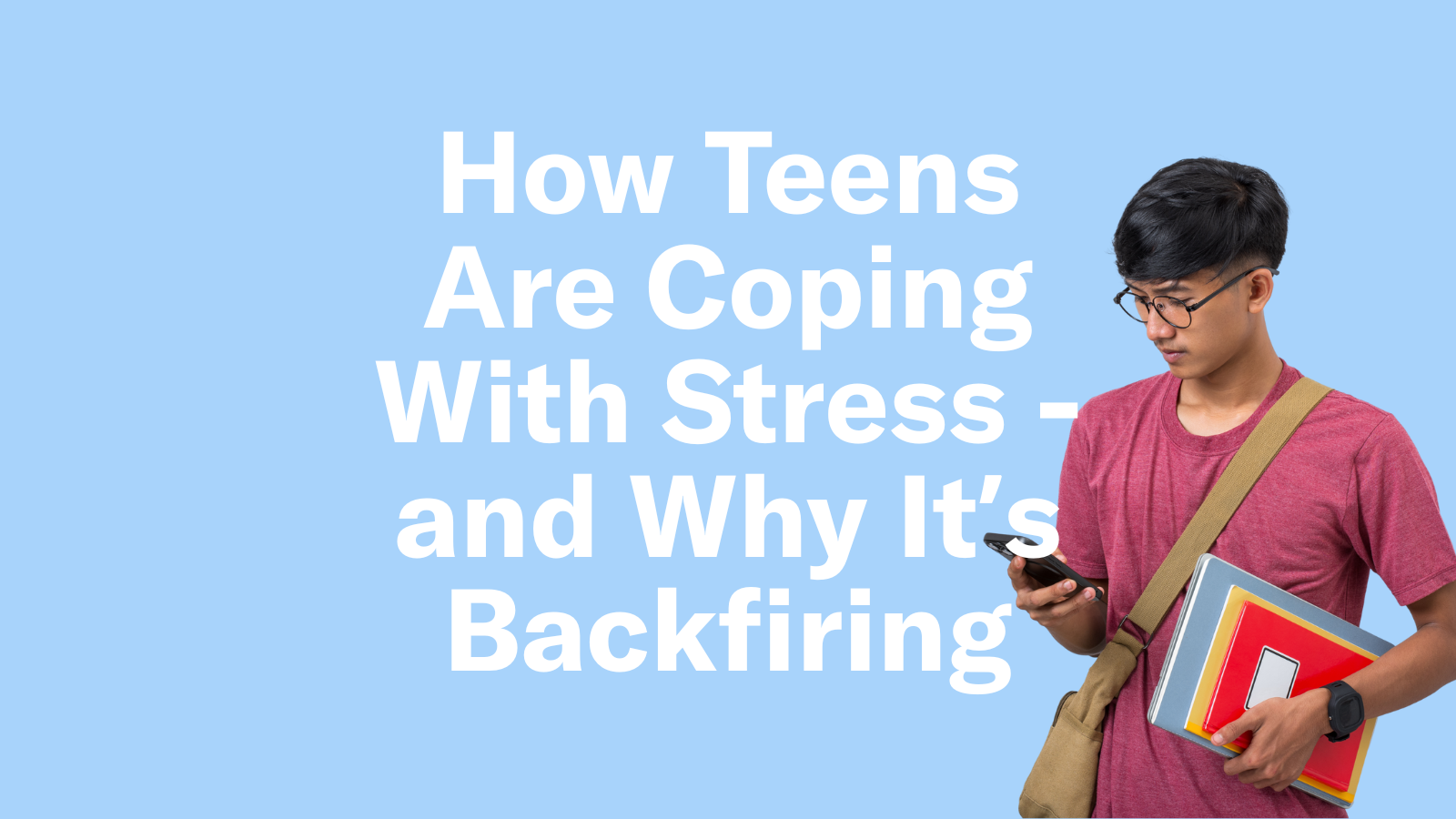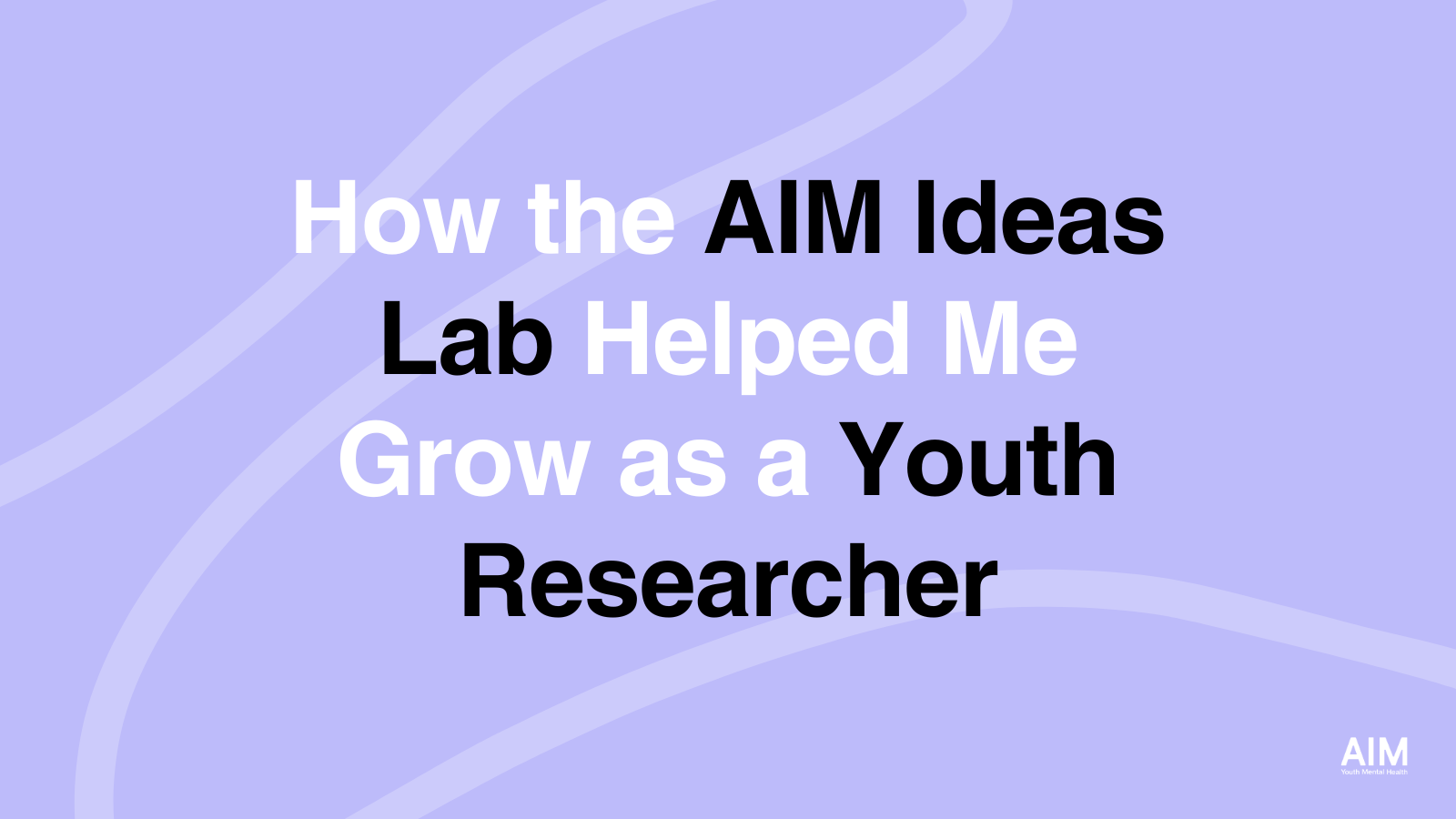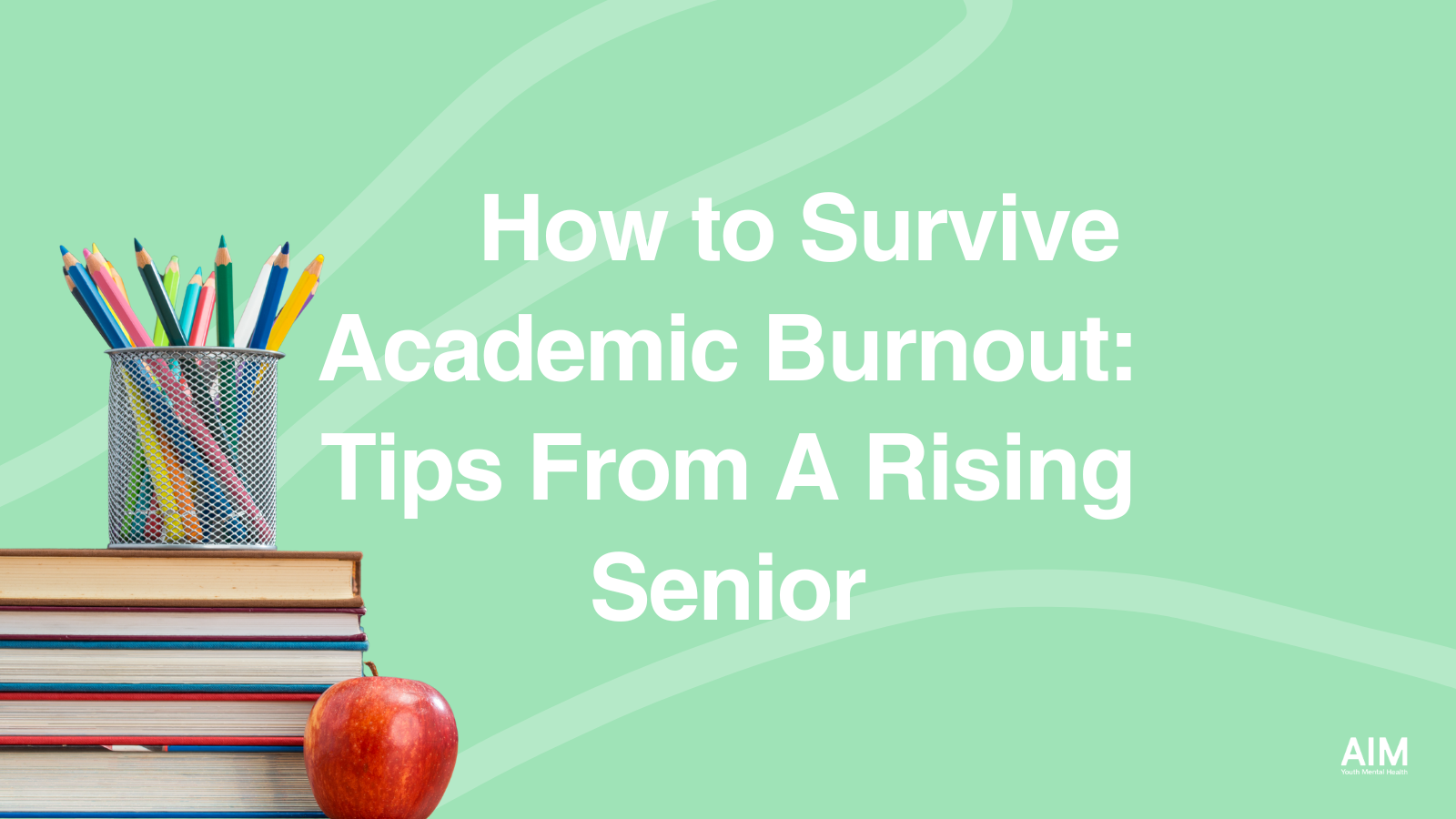By Tim Lott, The Guardian
This is Depression Awareness Week, so it must be hoped that during this seven-day period more people will become more aware of a condition that a minority experience, and which most others grasp only remotely – confusing it with more familiar feelings, such as unhappiness or misery.
This perception is to some extent shared by the medical community, which can’t quite make its mind up whether depression is a physical “illness”, rooted in neurochemistry, or a negative habit of thought that can be addressed by talking or behavioural therapies.
I’m not concerned about which of these two models is the more accurate. I’m still not sure myself. My primary task here is to try to explain something that remains so little understood as an experience – despite the endless books and articles on the subject. Because if the outsider cannot really conceptualise serious depression, the 97.5% who do not suffer from it will be unable to really sympathise, address it or take it seriously.
From the outside it may look like malingering, bad temper and ugly behaviour – and who can empathise with such unattractive traits? Depression is actually much more complex, nuanced and dark than unhappiness – more like an implosion of self. In a serious state of depression, you become a sort of half-living ghost. To give an idea of how distressing this is, I can only say that the trauma of losing my mother when I was 31 – to suicide, sadly – was considerably less than what I had endured during the years prior to her death, when I was suffering from depression myself (I had recovered by the time of her death).
So how is this misleadingly named curse different from recognisable grief? For a start, it can produce symptoms similar to Alzheimer’s – forgetfulness, confusion and disorientation. Making even the smallest decisions can be agonising. It can affect not just the mind but also the body – I start to stumble when I walk, or become unable to walk in a straight line. I am more clumsy and accident-prone. In depression you become, in your head, two-dimensional – like a drawing rather than a living, breathing creature. You cannot conjure your actual personality, which you can remember only vaguely, in a theoretical sense. You live in, or close to, a state of perpetual fear, although you are not sure what it is you are afraid of. The writer William Styron called it a “brainstorm”, which is much more accurate than “unhappiness”.
There is a heavy, leaden feeling in your chest, rather as when someone you love dearly has died; but no one has – except, perhaps, you. You feel acutely alone. It is commonly described as being like viewing the world through a sheet of plate glass; it would be more accurate to say a sheet of thick, semi-opaque ice.
Thus your personality – the normal, accustomed “you” – has changed. But crucially, although near-apocalyptic from the inside, this transformation is barely perceptible to the observer – except for, perhaps, a certain withdrawnness, or increased anger and irritability. Viewed from the outside – the wall of skin and the windows of eyes – everything remains familiar. Inside, there is a dark storm. Sometimes you may have the overwhelming desire to stand in the street and scream at the top of your voice, for no particular reason (the writer Andrew Solomon described it as “like wanting to vomit but not having a mouth”).
Other negative emotions – self-pity, guilt, apathy, pessimism, narcissism – make it a deeply unattractive illness to be around, one that requires unusual levels of understanding and tolerance from family and friends. For all its horrors, it is not naturally evocative of sympathy. Apart from being mistaken for someone who might be a miserable, loveless killjoy, one also has to face the fact that one might be a bit, well, crazy – one of the people who can’t be trusted to be reliable parents, partners, or even employees. So to the list of predictable torments, shame can be added.
There is a paradox here. You want the illness acknowledged but you also want to deny it, because it has a bad reputation. When I am well, which is most of the time, I am (I think) jocular, empathetic, curious, well-adjusted, open and friendly. Many very personable entertainers and “creatives” likewise suffer depression, although in fact the only group of artists who actually suffer it disproportionately are – you guessed it – writers.
There are positive things about depression, I suppose. It has helped give me a career (without suffering depression I would never have examined my life closely enough to become a writer). And above all, depression, in nearly all cases, sooner or later lifts, and you become “normal” again. Not that anyone but you will necessarily notice.
But on the whole it’s a horror, and it’s real, and it deserves sympathy and help. However, in the world we live in, that remains easier to say than do. We don’t understand depression partly because it’s hard to imagine – but also, perhaps, because we don’t want to understand it.
I have a suspicion that society, in its heart of hearts, despises depressives because it knows they have a point: the recognition that life is finite and sad and frightening – as well as those more sanctioned outlooks, joyful and exciting and complex and satisfying. There is a secret feeling most people enjoy that everything, at a fundamental level, is basically OK. Depressives suffer the withdrawal of that feeling, and it is frightening not only to experience but to witness.
Admittedly, severely depressed people can connect only tenuously with reality, but repeated studies have shown that mild to moderate depressives have a more realistic take on life than most “normal” people, a phenomenon known as “depressive realism”. As Neel Burton, author of The Meaning of Madness, put it, this is “the healthy suspicion that modern life has no meaning and that modern society is absurd and alienating”. In a goal-driven, work-oriented culture, this is deeply threatening.
This viewpoint can have a paralysing grip on depressives, sometimes to a psychotic extent – but perhaps it haunts everyone. And therefore the bulk of the unafflicted population may never really understand depression. Not only because they (understandably) lack the imagination, and (unforgivably) fail to trust in the experience of the sufferer – but because, when push comes to shove, they don’t want to understand. It’s just too … well, depressing.
In the UK, the Samaritans can be contacted on 116 123. In the US, the National Suicide Prevention Hotline is 1-800-273-8255. In Australia, the crisis support service Lifeline is on 13 11 14. Hotlines in other countries can be found here.
Read the original article in full on The Guardian’s website.





